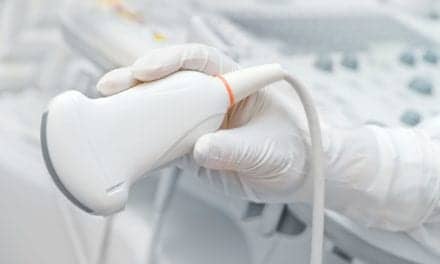Philips announced the launch of Sentry Score, a predictive algorithm for the adult intensive care unit (ICU) that shows a patient’s probability of receiving an intervention within 60 minutes.
Sentry Score patient risk predictions are continuously updated as new vital sign data are received, providing insights into the patient’s trajectory, which can provide the opportunity for earlier intervention, according to a press release from the company.
In acute care settings, communication continues to be a problem due to the influx of patients, data, device alarms and handoffs between clinicians. Communication breakdown is a contributing factor in nearly 70% of adverse medical events, with 75% of adverse events leading to patient death. With patient safety being a top concern for health systems worldwide, providers are looking to improve clinician communication through clinical decision support and predictive solutions that can positively affect workflows and patient outcomes.
“With so many hands involved in the delivery of patient care, it can be incredibly challenging for clinicians to provide proactive care and spot patient deterioration before issues arise across various care settings,” Carla Kriwet, Philips chief business leader of Connected Care, says in a statement. “This specifically holds true in the ICU, where care teams are getting larger, patient acuity is rising, and communication is more difficult. Solutions with predictive algorithms like Sentry Score provide clinicians with a more comprehensive view of the patient’s status. This allows for timely intervention from clinicians on the floor, as well as tele-ICU clinicians to directly communicate with the bedside clinical team ahead of time, to ultimately intervene earlier.”
With its predictive capabilities, Sentry Score is designed to enhance Philips’ eCareManager acute care telehealth platform by prioritizing active patient deterioration and providing the probability of a cardiopulmonary intervention over time.
This proprietary algorithm was developed as a regression machine learning model using patterns of vital sign data from the Philips eICU Research Institute associated with clinical interventions. Sentry Score has been co-developed in collaboration with current Philips eICU Program care customers who are part of one of the largest tele-critical care networks of leading academic medical centers and integrated delivery networks (IDNs) across the US.
Adding Sentry Score to the Philips Suite of Acute Care performance applications builds upon currently available algorithms that target early deterioration detection, patient discharge readiness scoring, clinician workflow productivity and acuity-based population health prioritization.










